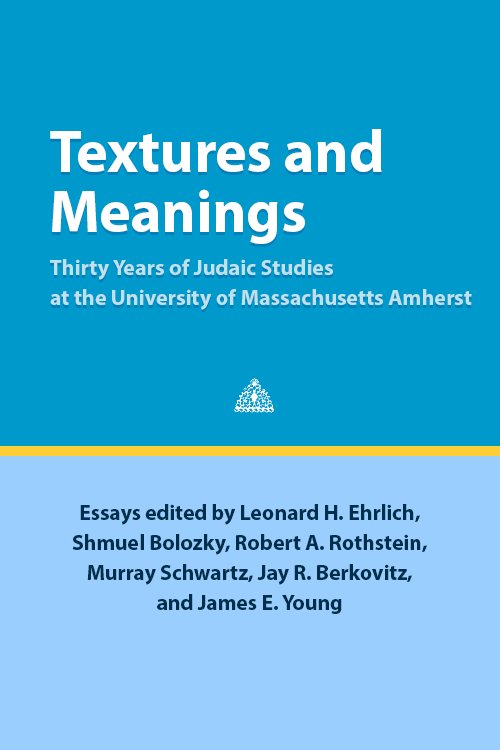Racism, Anti-Semitism and the Concept of Evil
Julius Lester
This chapter is part of: Leonard H. Ehrlich et al. 2004. Textures and Meanings: Thirty Years of Judaic Studies at the University of Massachusetts Amherst
Download Chapter| Description |
|---|
| Julius Lester explores the intertwined history of racism and anti-Semitism as rational dimensions of our civilization. “Anti-Semitism and racism are two of the organizing principles of Western civilization,” he asserts. He is quick to remind us, however, that rational thought is not necessarily moral, and can serve evil purposes. The fusion of racial and anti-Semitic ideologies in Nazi Germany has deep roots in the Christian world, and Lester sketches the emergence of the early modern conceptions of man out of the sacred world of medieval Christianity, pointing to many of the markers that indicate “the unholy wedding of humanism with the degradation of Africans, Jews, women, Incas and Aztecs.” In the modern period, Lester argues, the new and enabling ingredient is capitalism. “Racism became a cornerstone of modern Western civilization because by suppressing Africans, women and Jews, European man suppressed in himself the human attributes which most threatened that brave new world he was building, a world in which the economic mode changed from feudalism to capitalism.” In a powerfully sweeping concluding section, Lester then goes on to link this development with the emergence of the evils of the twentieth-century, which exemplify what Hannah Arendt called the “thoughtlessness” of monstrous injustices, including the effects of slavery, anti-Semitism and the life denying assaults on humanity they entail. |
-
Details
Published Published By Aug. 1, 2004 University of Massachusetts Amherst Libraries Citation Lester J. 2004. Racism, Anti-Semitism and the Concept of Evil. In Leonard H. Ehrlich et al. 2004. Textures and Meanings: Thirty Years of Judaic Studies at the University of Massachusetts Amherst
